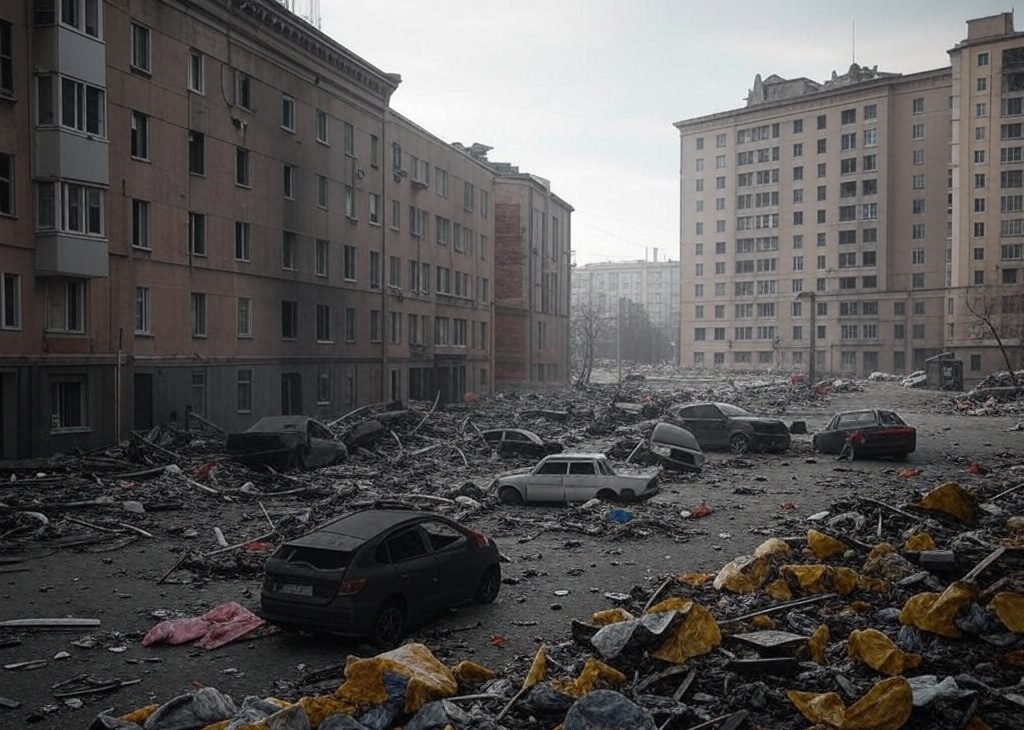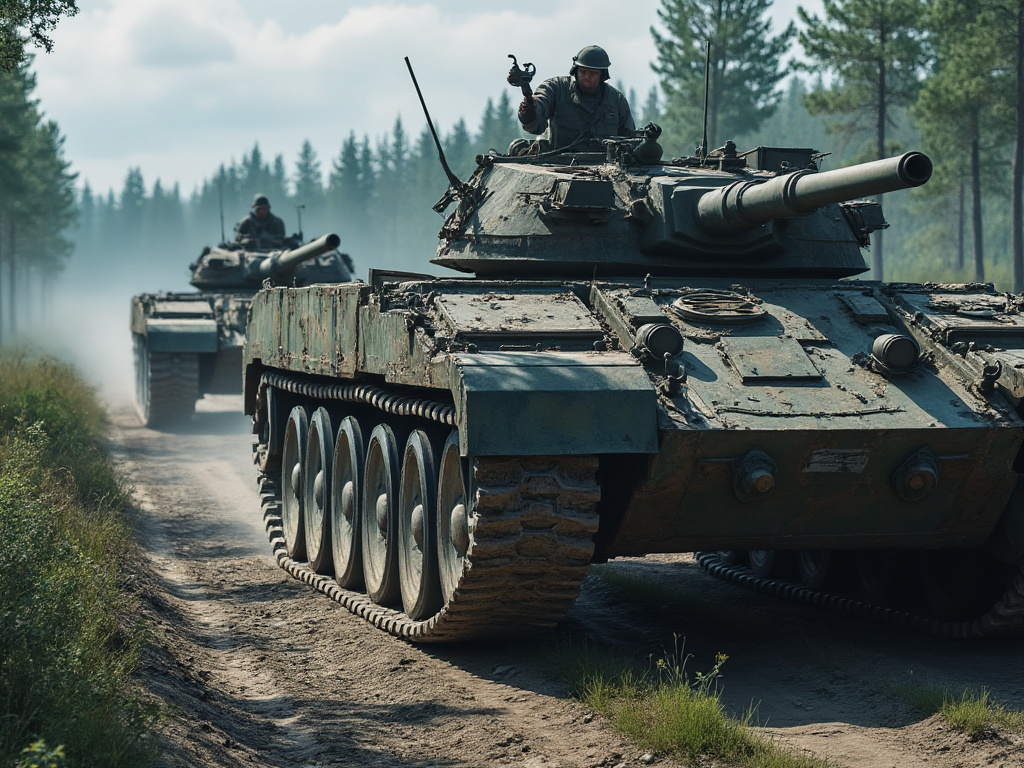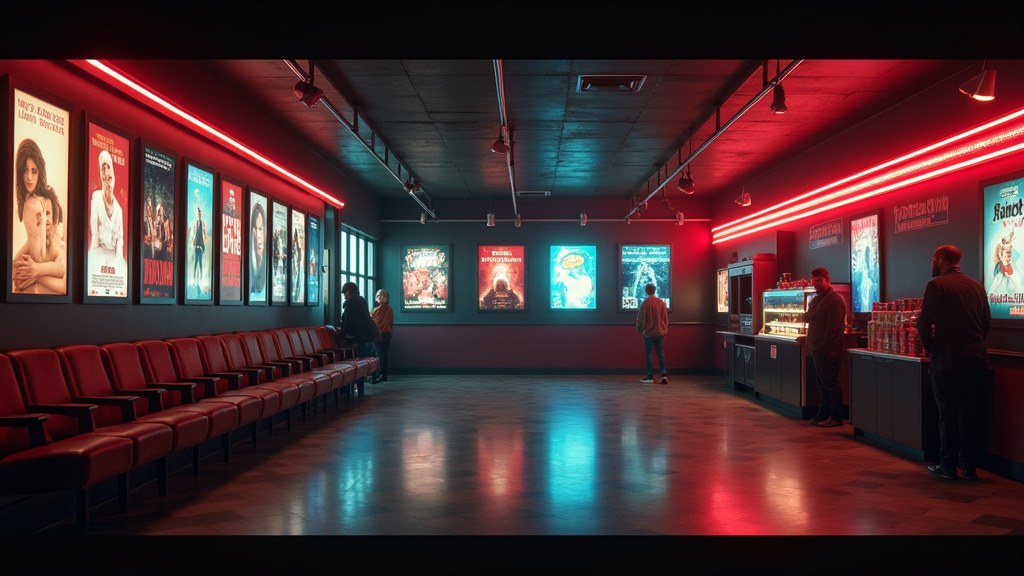The Ongoing Debate: Understanding the Complex Views on the Ukraine Conflict
Introduction
The war in Ukraine has become a significant point of contention in political discourse, especially in the United States. With various voices emerging, from staunch supporters of continued aid to skeptics questioning the rationale behind such support, the narrative surrounding this conflict is multifaceted. One critical viewpoint, articulated by critic Walt Zlotow, highlights the growing dissent towards mainstream media representations of the war, particularly by outlets like the Chicago Tribune. In this article, we will delve into Zlotow’s critiques, explore the broader implications of these views, and examine the complexities of the Ukraine conflict.
Criticism of Media Representation
“Every few weeks,” wrote Zlotow on his Substack last spring, “the Chicago Tribune Editorial Board publishes an editorial misrepresenting the war in Ukraine.” This assertion reflects a broader sentiment among those who feel that traditional media narratives often oversimplify or mischaracterize the realities of international conflicts. Zlotow specifically criticized a statement from the Tribune that proclaimed, “We have never wavered in our support for the Ukrainian people against Russian aggression, stretching back to the beginning of Putin’s brutal, illegal war. We’ve never heard any reasonable argument to the contrary.”
This unwavering support for Ukraine, while commendable, invites scrutiny. Critics argue that such perspectives may overlook the complexities of the situation and the potential consequences of prolonged military engagement. Zlotow’s position aligns with a growing faction within the political landscape, particularly within MAGA circles, which advocate for a more nuanced approach to foreign policy.
The Role of Political Figures
In the political arena, figures such as Mike Johnson, the Republican speaker of the House, have emerged as pivotal players in the debate on Ukraine aid. Johnson has faced pushback from within his party, particularly from Republican “firebrands” who question the necessity of continued support for Ukraine. Zlotow’s critiques suggest that it’s not merely the actions of political leaders that deserve scrutiny but also the media’s portrayal of these actions. He argues, “it’s the Trib Editorial Board Members that wear the moniker ‘firebrands’ for engaging in radical promotion of endless war destroying Ukraine.”
This perspective raises essential questions about the motivations behind political rhetoric and the implications of framing support for Ukraine as a moral imperative. The ongoing conflict has seen significant domestic political ramifications, with varying opinions on the appropriateness of military aid, negotiations, and the long-term strategy for U.S. involvement.
The Case for Negotiation
Zlotow’s argument that “negotiations are the only way this war will end” resonates with many who advocate for diplomatic solutions to international conflicts. Historically, wars have often concluded through negotiation rather than military victory. This perspective acknowledges the grim realities of warfare—casualties, destruction, and long-term destabilization.
While acknowledging the necessity of negotiations, it is crucial to recognize the challenges inherent in such discussions. The entrenched positions of both Russia and Ukraine, coupled with geopolitical interests from other nations, complicate the path to peace. Zlotow’s criticisms serve as a reminder that while support for Ukraine is essential, it should not overshadow the need for a realistic assessment of how to achieve lasting peace.
The Global Implications of the Conflict
The war in Ukraine extends beyond the borders of the nation itself. Neighboring countries, such as Georgia, are closely monitoring the situation, fearing that their own democratic aspirations may be threatened. As Zlotow notes, “the people of the Republic of Georgia… realizing that their own fledgling democracy is yet more vulnerable to the same force.”
This broader context underlines the importance of international solidarity against aggression. The potential for further destabilization in Eastern Europe presents a case for a unified response to Russian expansionism. However, this must be balanced with a critical examination of the long-term consequences of military aid and intervention.
Revisiting Historical Context
In the discourse surrounding the Ukraine conflict, it is vital to avoid “Orwellian rewriting of history.” Zlotow emphasizes that, “Russia invaded a sovereign nation. Period.” Recognizing the origins of the conflict is crucial for understanding its current dynamics. While a desire for peace is commendable, it should not come at the cost of acknowledging the realities of aggression.
The historical context of U.S.-Russia relations, particularly under the Trump administration, adds layers of complexity to the discussion. Zlotow’s assertion that attempts to appease or negotiate with Putin could be “both a dangerous and a morally bankrupt one” reflects a broader concern that compromise with aggressors may embolden further transgressions.
The Dangers of Oversimplified Narratives
The debate surrounding the Ukraine conflict is often marked by oversimplified narratives. While many advocate for unwavering support for Ukraine, it is essential to engage with the complexities of the situation. Zlotow’s critiques serve as a reminder that a single narrative may not capture the full scope of the conflict and its implications for international relations.
Critics of the mainstream media’s portrayal of the war argue that it tends to ignore the voices of those advocating for a more balanced approach. Understanding the perspectives of various stakeholders, including those who call for negotiation alongside support for Ukraine, is essential for a comprehensive understanding of the conflict.
Conclusion
The ongoing debate surrounding the Ukraine conflict is a microcosm of larger discussions about foreign policy, media representation, and the complexities of international relations. As we navigate these turbulent waters, it is essential to engage with diverse viewpoints and recognize the multifaceted nature of the situation. Walt Zlotow’s critiques serve as a valuable lens through which to examine the implications of our responses to aggression and the necessity for diplomatic solutions.
In a world where geopolitical tensions continue to rise, fostering understanding and dialogue will be crucial to ensuring peace and stability. This ongoing debate reminds us that while supporting the Ukrainian people is paramount, it must be accompanied by a realistic assessment of how to achieve lasting peace in the region. The stakes are high, and the consequences of our actions will resonate far beyond the borders of Ukraine.












